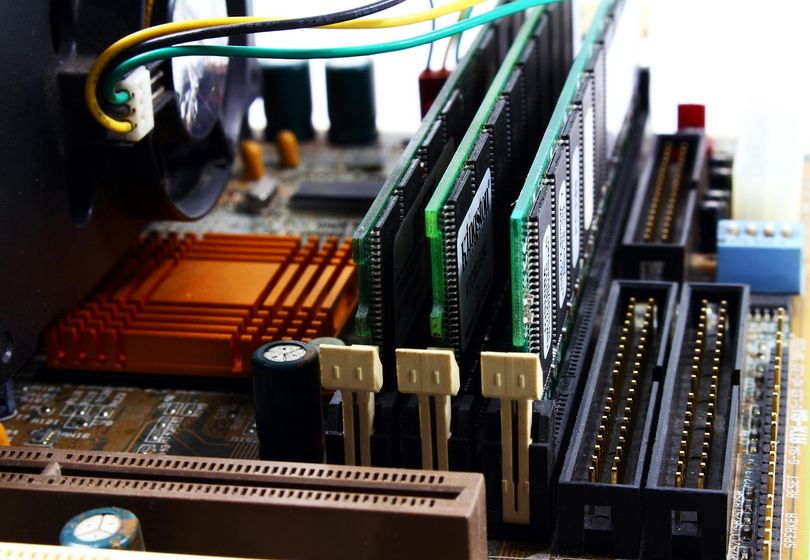
The world of technology is rapidly evolving, and the future of hardware is no exception. As we look ahead to the coming years, several technological trends and innovations are reshaping the landscape of hardware development.
One of the key drivers of this change is the rise of artificial intelligence (AI). AI is revolutionizing the way hardware interacts with users and processes information. From smart assistants to self-driving cars, AI-powered hardware is becoming increasingly prevalent in our daily lives.
Another major trend is the Internet of Things (IoT), which refers to the network of interconnected devices that can communicate and share data with each other. IoT has the potential to transform industries such as healthcare, manufacturing, and agriculture by enabling more efficient and automated processes.
Quantum computers represent a cutting-edge innovation in hardware technology. These powerful machines harness the principles of quantum mechanics to perform calculations at speeds unmatched by traditional computers. While still in the early stages of development, quantum computers have the potential to revolutionize fields such as cryptography, artificial intelligence, and drug discovery.
Virtual and augmented reality (VR and AR) are also driving innovation in hardware technology. These immersive technologies are opening up new possibilities in entertainment, education, and communication. As VR and AR hardware becomes more advanced and affordable, we can expect to see a proliferation of applications across various industries.
Nanotechnology is another area of focus for hardware developers. By working at the nanoscale, researchers are able to create materials and devices with unique properties and functionalities. Nanotechnology has the potential to revolutionize fields such as healthcare, energy storage, and electronics.
When it comes to connectivity, the rollout of 5G and the development of 6G networks are poised to transform the way we interact with technology. These high-speed, low-latency networks will enable seamless communication between devices and unlock new possibilities for IoT, AI, and other emerging technologies.
In conclusion, the future of hardware is marked by a host of technological trends and innovations that are reshaping the world of tech. From artificial intelligence to quantum computers, the hardware of tomorrow promises to be faster, smarter, and more interconnected than ever before.
